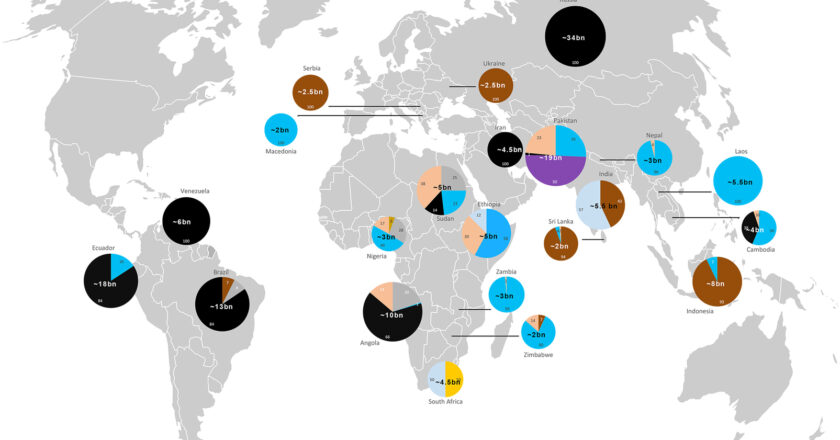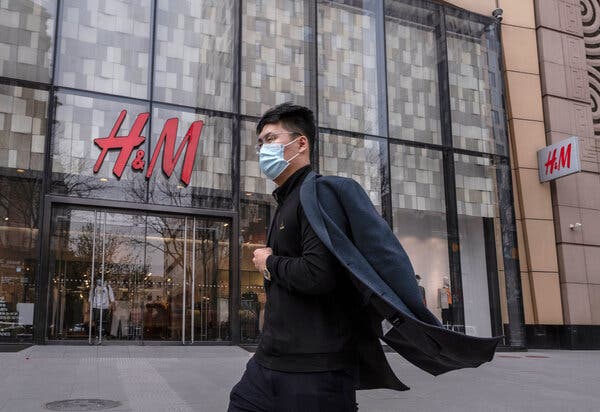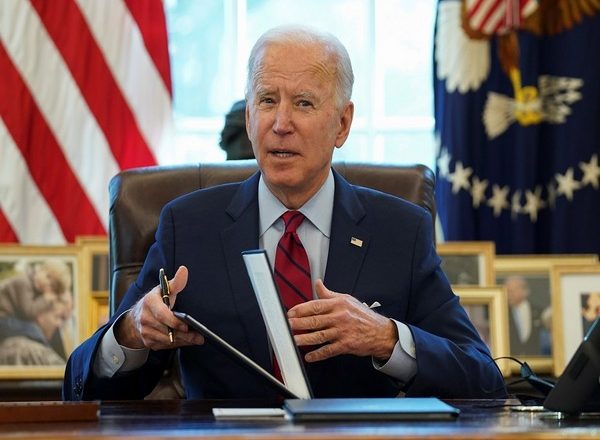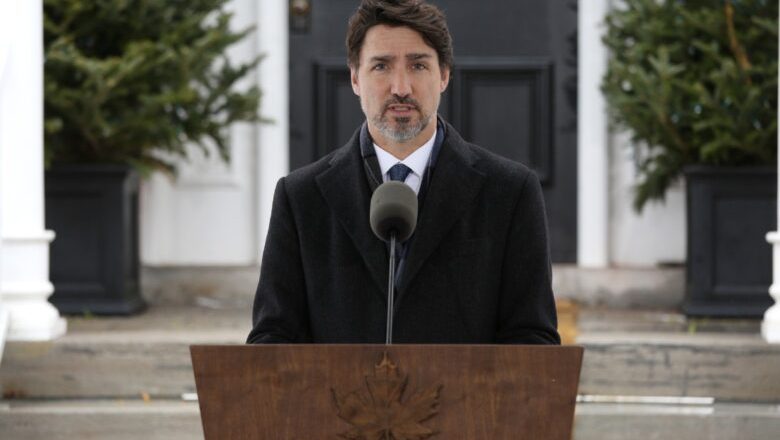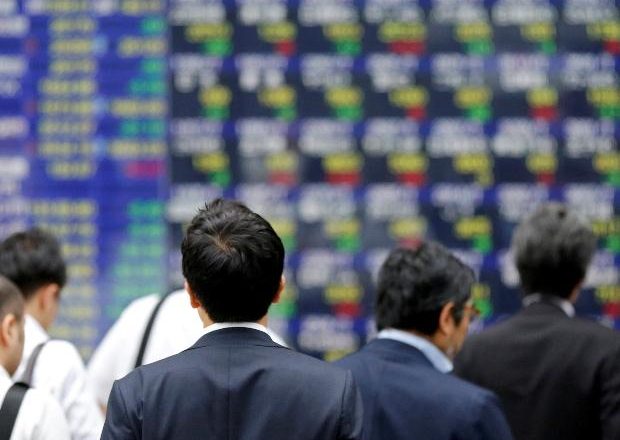Meltdown in real estate sector exposes the Achilles heel of Chinese economy
With a Hong Kong court ordering on January 29, 2024, the real estate giant of China Evergrande to undergo liquidation following a failed effort to restructure $300 billion in debt owed to banks and bondholders, it is clear that the crisis in the real estate sector in China is far from over.
With the growth rate in the Gross Domestic Product in China restricted to only 5.2 percent in 2023 amid mounting concerns, waning investor confidence and a protracted property market slump, it is evident that there is no chance of an immediate recovery either in the real estate sector in China or of the Chinese economy. In this situation, the assertion made by U.S. Secretary of State Antony Blinken in Davos on January 17 that India’s is an “extraordinary success story’ will not be music to the ears ...

